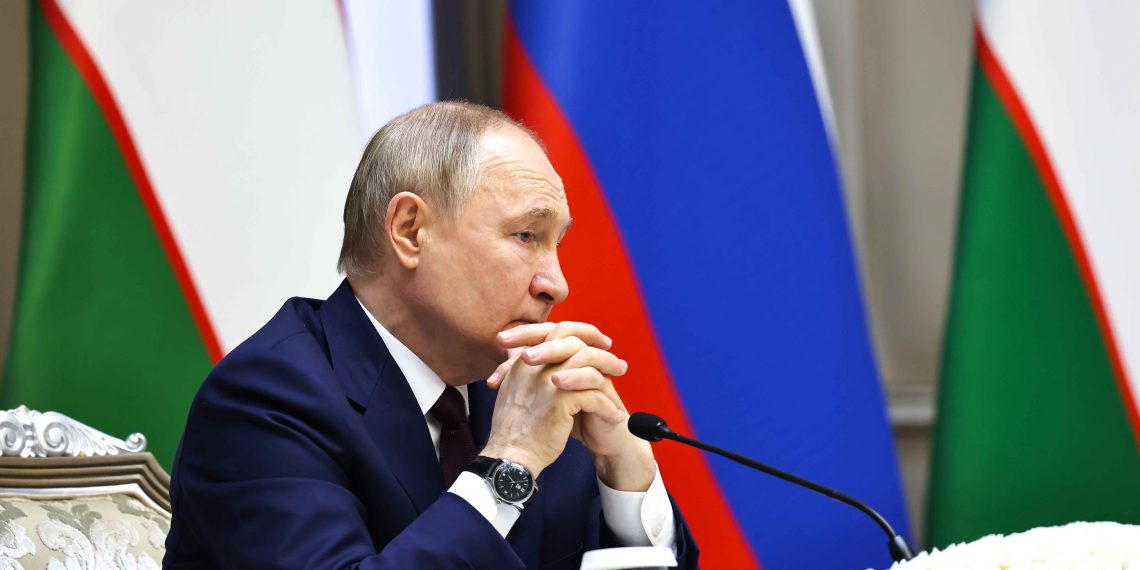On October 11, several top economic officials from BRICS nations were notably absent from a high-level meeting in Moscow, as many finance ministers and central bank governors chose to send deputies or lower-ranking representatives. The gathering served as a precursor to the BRICS summit scheduled later this month, where Russia aims to propose significant changes to the current global financial system.
Russia’s Finance Minister, Anton Siluanov, addressed the attendees, emphasizing the importance of establishing an alternative to the Western-dominated financial structure. Present at the meeting were finance representatives from Egypt, the United Arab Emirates, and Iran, while officials from major economies such as China, India, and South Africa opted for junior delegates. This absence came shortly after Kremlin aide Yuri Ushakov accused Western nations of exerting pressure to discourage attendance at the BRICS meetings.
The BRICS bloc, initially formed by Brazil, Russia, India, and China, has recently expanded its membership to include South Africa, Egypt, Ethiopia, Iran, and the UAE. Although Saudi Arabia has been invited to join, it is not yet a formal member.
The Moscow meeting follows a format similar to that of the Group of 20, where economic policy officials meet to discuss proposals before they are presented to national leaders. The Russian government, currently facing sanctions and cut off from international financial markets due to its conflict in Ukraine, has been actively promoting initiatives aimed at increasing financial cooperation among BRICS members. These initiatives include creating the BRICS Bridge international payment system, establishing a new clearinghouse, forming a credit rating agency, and launching a commodities exchange.
Siluanov highlighted the need to establish cross-border payment mechanisms as the primary objective for the bloc. Additionally, Russia has proposed the development of a joint investment platform under the New Development Bank, with transactions conducted using a digital format, though further details were not provided.
Amid international sanctions, Russia has encountered delays in transactions with its BRICS partners, prompting some businesses to resort to barter trade and cryptocurrencies to circumvent banking challenges. The ongoing payment issues have further underscored the urgency of developing alternative financial frameworks.
At the Moscow meeting, China was represented by Deputy Finance Minister Liao Min and Deputy Central Bank Governor Changneng Xuan, while India’s delegation was led by Finance Ministry Secretary Ajay Seth. The upcoming BRICS summit is slated for October 22-24 in Kazan, Russia.
According to Yuri Ushakov, nine of the ten BRICS countries are expected to send their leaders to the summit. However, Saudi Arabia will be represented by Foreign Minister Prince Faisal bin Farhan Al Saud, as the Saudi delegation did not participate in the earlier Moscow discussions.





















